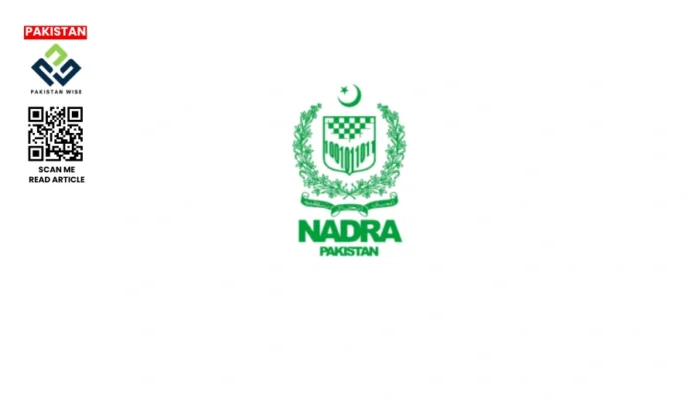NADRA Identity Card Policy Changes
- NADRA now requires original documents-no photocopies-for all routine CNIC and registration services.
- Citizens are urged not to share their CNICs or personal data to prevent identity theft and fraud.
- New digital security measures and service changes aim to protect personal data and improve efficiency.
Introduction: Changing How Pakistanis Prove Their Identity
Pakistan’s National Database and Registration Authority (NADRA) has rolled out significant updates to how citizens obtain Computerised National Identity Cards (CNICs) and related documents. These changes are designed to boost data security, prevent identity fraud, and make the process easier for everyone. The new guidelines affect millions of Pakistanis who visit NADRA offices for essential paperwork, from opening bank accounts to getting passports.
Key Changes in NADRA’s Procedures
NADRA has announced that anyone visiting its offices for CNICs, B-Forms, or registration certificates must now bring only original documents. Photocopies are no longer accepted for routine services. This step is meant to cut down on paperwork and minimize the risk of personal data falling into the wrong hands.
In addition, NADRA clarified that using someone else’s CNIC as a reference or guarantee has no legal standing. This is a direct response to past practices where people would submit another person’s CNIC to support their application-a loophole that could be exploited for fraud.
Why the Change? Combating Fraud and Protecting Data
One of the main reasons behind these new rules is the growing threat of identity theft and scams. In recent years, criminals have targeted citizens by pretending to be officials and asking for CNIC numbers, fingerprints, or photocopies in exchange for fake prizes or rewards. Once they have this information, they can commit financial fraud or even register illegal documents in someone else’s name.
NADRA’s public advisories warn everyone to be extra careful with their personal information. Handing over your CNIC or its photocopy for unauthorized services can lead to serious consequences, including illegal registrations and financial loss.
How NADRA Is Modernizing Identity Services
Alongside these security changes, NADRA is also updating its digital infrastructure. The authority has moved CNIC services away from post offices, shifting them to local union councils to improve service delivery and reduce cybersecurity risks. This change is part of a broader effort to make identity services more accessible and secure for all citizens, especially in rural areas.
For Pakistanis living abroad, NADRA has introduced biometric login on its Pak ID mobile app. This extra layer of security ensures that only the rightful owner can access or renew their identity documents, offering better protection against unauthorized access and data breaches.
New Fees and Enhanced Digital Features
Starting in 2025, NADRA has also revised its fee structure for CNICs and B-Forms. Standard CNIC applications now cost Rs750, with urgent and executive options available at higher rates. These changes support the ongoing modernization of the country’s digital identity system, making it easier for citizens to access services securely and efficiently.
What Citizens Should Do: Practical Advice
To stay safe and comply with the new rules, NADRA advises everyone to:
- Always bring original documents when visiting NADRA offices.
- Do not carry or submit CNIC photocopies unless specifically required by law.
- Never share your CNIC, fingerprints, or other sensitive information in informal settings.
- Immediately report any suspicious activity to NADRA or the police.
By following these guidelines, citizens can help protect themselves and their families from identity theft and related crimes.
Benefits of the New Policy
These changes are expected to deliver several important benefits:
- Reduced Paperwork: Eliminating unnecessary photocopies saves time and resources for both citizens and NADRA staff.
- Improved Security: By requiring originals and discouraging the sharing of CNICs, the risk of identity theft and fraud is greatly reduced.
- Streamlined Services: Moving services to union councils and introducing digital verification makes it easier and faster for people to get the documents they need.
Conclusion: Building a Safer, More Efficient Identity System
NADRA’s new operational guidelines mark a major step forward in protecting citizens’ personal data and modernizing government services. As digital threats continue to evolve, these proactive measures will help ensure that Pakistan’s identity system remains secure, efficient, and accessible for everyone. By staying informed and following NADRA’s advice, citizens can play a crucial role in safeguarding their own identities and contributing to a safer society.

